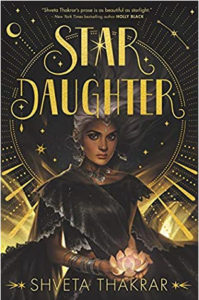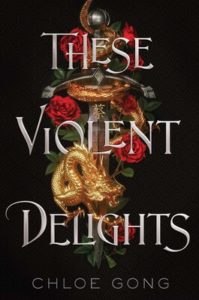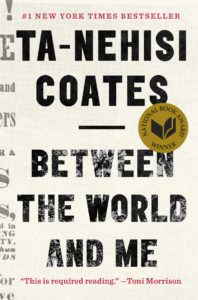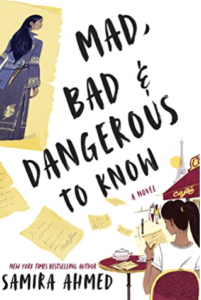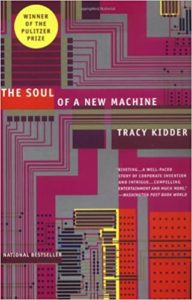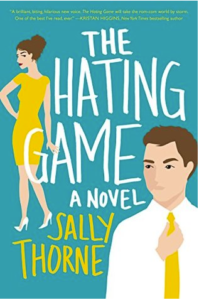Q. Every book has its own story about how it came to be conceived and written as it did. How did The Book of Malachi evolve?
A. I was living at a remove from society, feeling outrage at human cruelty and a dark, desperate humor at the time of writing TboM. Our suburb was close to the sea but chopped off by concrete buildings and pavilions. Like Malachi I couldn’t see the sea but could sense it nearby and, like Malachi, felt trapped inside manmade anxiety, fretting about my children who were seriously sick from GM grains. We had paramedics rushing to the house every three weeks to help my baby to breathe while my daughter’s eczema was so severe she had to be wrapped in bandages like a mummy in hospital. Then there was the country. South Africa’s enormous, cruel split between the privileged and the poor make it place of high drama and homicide. In the year I started writing Malachi I was trying these amazing daily meditations where you gradually dis-identify with the ego and connect with your inner light. I think my dabbling might have kicked up a hugely brave, sage character who was big enough to take on love, genocide, and the neocolonial rape of the Africa.
Q. I loved how The Book of Malachi was almost entirely peopled by characters with strong ties to Africa. Did you make a conscious decision to showcase the diversity of the peoples of your continent in your book, or did that come about as a sort of natural evolution while writing?
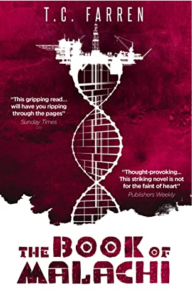 A. I think it was a natural evolution for me. The cast is large and unconsciously reflects some of the people I have met or been stunned by in my lifetime. Malachi is a bit of a Mister Mandela figure but carries more wrath than Madiba did. I guess the book is a kind of Truth and Reconciliation Commission with Malachi presiding over it. South Africa is filled with gifted, often highly educated refugees like Malachi who arrive with their unbearable memories of trauma and loss. Many are illegal, many unwanted due to competition for jobs and despite their muteness, find ways stay dignified while taking shelter inside enemy territory. The unscrupulous bosses on the rig are mostly from China and the US, no different to the 17th century explorers who arrived with their ships and guns, stole cattle, annexed land and chained up Khoi Khoi kings to be their slaves. Then there are the killers. The prisoners all lived in Africa but hail from everywhere, representing people who’ve been unjustly accused, those crying out for forgiveness and those who are too dangerous to rehabilitate.
A. I think it was a natural evolution for me. The cast is large and unconsciously reflects some of the people I have met or been stunned by in my lifetime. Malachi is a bit of a Mister Mandela figure but carries more wrath than Madiba did. I guess the book is a kind of Truth and Reconciliation Commission with Malachi presiding over it. South Africa is filled with gifted, often highly educated refugees like Malachi who arrive with their unbearable memories of trauma and loss. Many are illegal, many unwanted due to competition for jobs and despite their muteness, find ways stay dignified while taking shelter inside enemy territory. The unscrupulous bosses on the rig are mostly from China and the US, no different to the 17th century explorers who arrived with their ships and guns, stole cattle, annexed land and chained up Khoi Khoi kings to be their slaves. Then there are the killers. The prisoners all lived in Africa but hail from everywhere, representing people who’ve been unjustly accused, those crying out for forgiveness and those who are too dangerous to rehabilitate.
Q. One thing that really struck me with this novel is the very clear moral that we shouldn’t lose sight of each other’s humanity to the point where we treat one another like goods or animals, particularly in the carceral system. How did your thoughts on the current state of the prison system and reform influence your writing of this novel?
A. To me recidivism is a frightening thing. People commit dreadful acts, go in for 10 to 20 years, get raped and beaten in jail and come out even more twisted. As distasteful as it may seem to people who want pure revenge, forms of therapy that lets perpetrators encounter the goodness in them saves society endless suffering at the hands of these people. Although some criminals are irredeemably dangerous and should stay locked up until they die, I think programs that let inmates excavate through their shadows towards some form of light is the very first step towards making amends. I’m being serious when I say I’d love this book to go to prisons.

